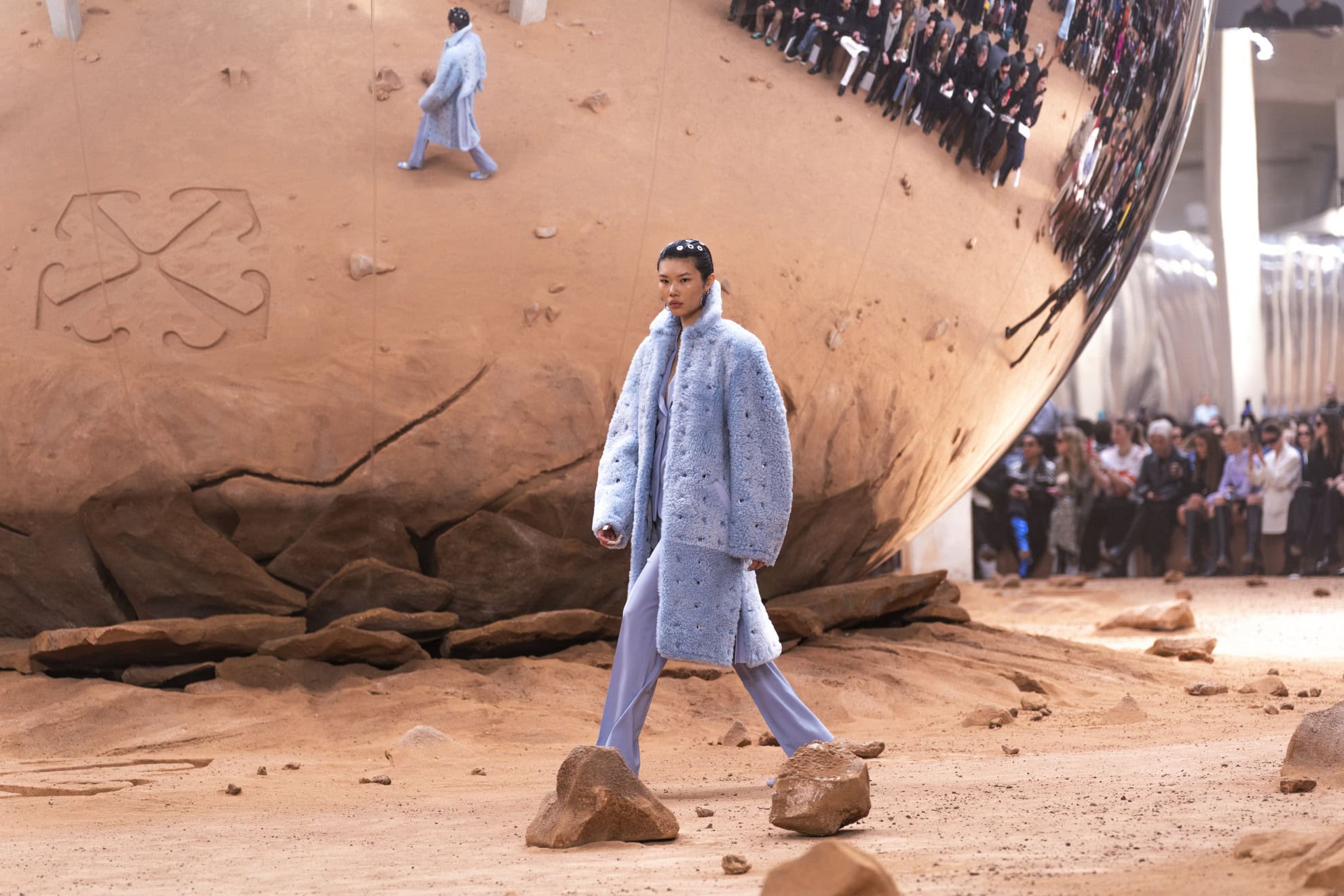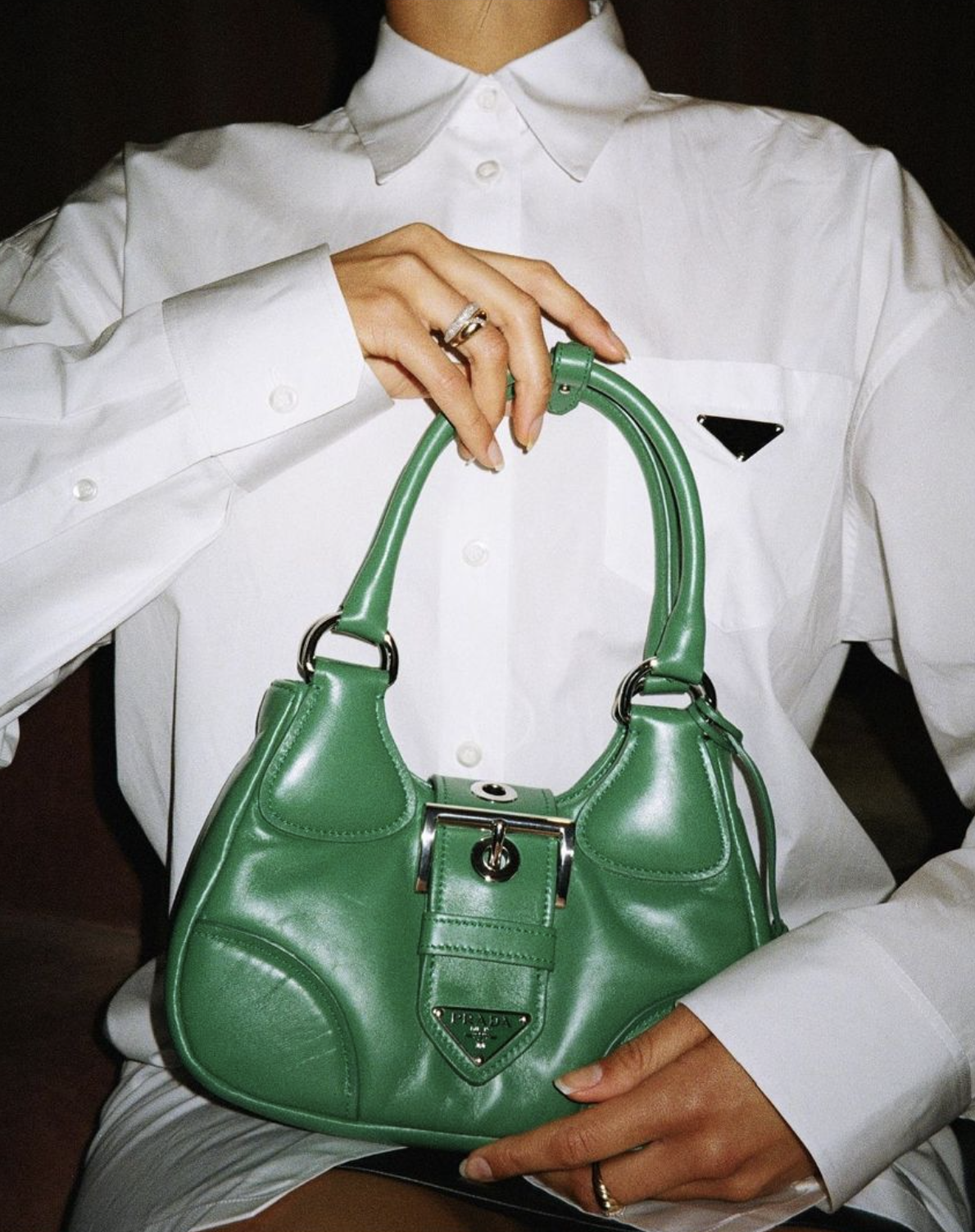Paris Fashion Week is preparing to host a significant retrospective honoring the contributions and influence of Virgil Abloh, a leading designer of the 21st century. Planned for September, the exhibition will act as a fitting tribute to Abloh’s diverse achievements, providing a comprehensive exploration of his innovative creations in fashion, art, music, and culture.
This upcoming showcase arrives at a poignant moment for the global fashion industry, which continues to reflect on Abloh’s immense contributions following his passing in 2021. Known for redefining the boundaries of streetwear and luxury, Abloh’s creative vision reshaped the role of designers in the contemporary landscape, opening doors for a new generation of talent and voices from underrepresented communities.
Coordinated with significant members of Abloh’s professional network, the exhibition will align with the prominent runway events of Paris Fashion Week, capturing global interest from fashion professionals and the general public alike. The occasion pledges a diverse showcase, including archival items, personal drawings, video presentations, and interactive exhibits that illustrate the extensive impact of Abloh.
The setting for the exhibition is fitting. Paris played a central role in Abloh’s rise to global prominence, particularly during his tenure as artistic director of Louis Vuitton’s menswear division. His debut collection for the French fashion house in 2018 was a cultural milestone, not just for its design innovation, but for what it represented—an African American creative at the helm of one of the world’s most iconic luxury brands. That moment reverberated far beyond the runway and cemented Abloh’s status as a cultural force.
Apart from his involvement with Louis Vuitton, Abloh gained recognition as the creator of Off-White, the fashion brand he started in 2012. Off-White merged elements of street style with luxury design, introducing conceptual themes, striking typography, and industrial influences to the forefront. Abloh’s contributions to the brand reshaped the interaction between fashion, youth, art, and societal critique, influencing the visual trends of the decade.
The upcoming Paris exhibition will likely explore the evolution of Off-White as both a brand and a platform. Abloh often described his work as “sampling,” borrowing from architecture, music, and everyday life to construct new visual narratives. The retrospective is expected to honor this ethos by juxtaposing his garments with creative inspirations drawn from across disciplines—highlighting how his fashion designs were always in conversation with a broader cultural ecosystem.
A key theme of the exhibit will be Abloh’s role as a connector. He was not only a designer but also a collaborator, curator, and mentor. From his early work with Kanye West to later partnerships with brands like Nike, IKEA, and Evian, Abloh’s projects spanned a wide range of industries. Each collaboration was marked by his ability to translate high-concept ideas into accessible design, making him a bridge between different audiences and creative worlds.
The show is anticipated to explore Abloh’s lasting influence on diversity and inclusion within the fashion industry. As a rare Black designer at the helm of a prominent European fashion brand, he leveraged his position to question established power dynamics and promote inclusivity. Through decisions in casting, educational programs, or open discussions, Abloh consistently focused on creating opportunities for others, especially aspiring young creatives of color who identified with his path.
In curating this retrospective, organizers aim to present not just a timeline of Abloh’s work, but an immersive experience that mirrors the dynamism of his creative process. Visitors can anticipate a space that breaks away from traditional museum structures—echoing Abloh’s own rejection of conventional formats. Instead, the exhibition is designed to feel alive, engaging, and evolving, much like the designer’s own philosophy of “the unfinished.”
The choice to present the exhibition during Paris Fashion Week is intentional. Being one of the key gatherings in the worldwide fashion calendar, Fashion Week offers a significant platform to assess the industry’s progress and its potential future directions. Abloh’s participation in past Paris events was consistently awaited and respected, and this September, his absence will be as noticeable as the celebration of his legacy.
Critics and cultural commentators alike are expected to attend the exhibition, many of whom have previously written about Abloh’s boundary-pushing approach. His designs often challenged the hierarchy of fashion, blurring distinctions between streetwear and couture, originality and homage, minimalism and maximalism. In doing so, he expanded the vocabulary of fashion and encouraged audiences to rethink what luxury could mean in a globalized, digitized world.
As the event gets ready to welcome visitors, anticipation is rising not only in Paris but internationally. Conversations on social media have already started, with admirers and creatives exchanging memories, forecasts, and honors. To numerous people, this look back means more than retrospective—it offers an opportunity to revisit a moment in culture that seemed revolutionary, comprehend the ideas behind the artworks, and continue to ponder the queries Abloh frequently asked: What purpose does fashion serve? Who benefits from it? And how can it be utilized to create social change?
The moment of this homage also highlights how swiftly Abloh’s concepts were embraced and disseminated. In under ten years, he transitioned from being a novice in the fashion industry to a pivotal personality whose impact reached into design education, sneaker culture, and the worldwide art community. His heritage encompasses more than just clothing and partnerships, embodying a spirit of innovation and inclusiveness that still inspires budding designers.
As September nears, the fashion sector will surely focus on this significant exhibition. Yet, it offers more than mere reflection; the occasion is set to inspire action—showcasing the potential when innovation is bold, inclusive, and willing to challenge norms.
Through this exhibition, Paris Fashion Week will not only celebrate the memory of Virgil Abloh but also reaffirm his place as one of the defining cultural figures of his generation. His work may have ended too soon, but its message endures: creativity has no boundaries, and joy—especially the rebellious kind—can be a powerful force for change.



